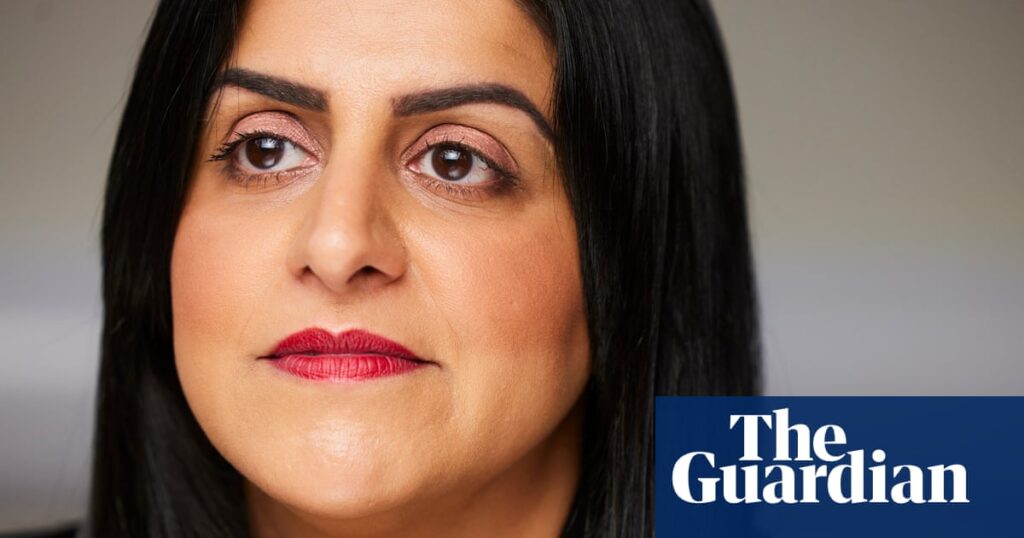Shabana Mahmood already showed she was willing to defy convention when she praised Margaret Thatcher for smashing a political mould – now she’s making history as the first Muslim woman to hold one of Britain’s great offices of state.
It’s not the new home secretary’s only moment as a surprising politician. Mahmood has spoken of how she has a “natural affinity for the faith, flag and family element of Blue Labour”, a small socially conservative fraction of the party which now holds some sway in No 10.
She has previously spoken about what it is like to live in an area where crime feels out of control. While she was growing up in Small Heath in inner-city Birmingham in the 1980s and 90s, her father kept a cricket bat behind the till of the family shop to fend off would-be robbers.
Her views on community and social responsibility appear to be what have won her the job from Yvette Cooper, who has been doing years of hard work in the brief and was working on a new deportation deal with Germany to bring down small boat arrivals.
Mahmood is, however, a less cautious politician than Cooper, and appears to be more willing to express her opinions clearly. A source close to Mahmood told the Guardian this summer: “She really does feel like it’s an affront when people who come here are afforded the welcome that she and her family were, but break the laws of the land.”
On Sunday, she announced ministers would meet with the US and other members of the “Five Eyes” alliance in the coming week to announce measures to increase border security and target people smugglers.
In the same interview with the Spectator earlier this year in which she said Thatcher was her political hero, Mahmood said “there is still a moment of reckoning” on grooming gangs and questioned “why so many people looked the other way”.
Mahmood has proved her worth by delivering good politics and policy, having been Labour’s campaign coordinator in the election, and defusing several difficult situations in the justice department – from the prisons crisis to the review of sentencing.
As national campaign coordinator, she became indispensable to the strategy chief, Morgan McSweeney, and is credited for helping secure the narrow but fateful win in the 2021 Batley and Spen byelection, without which Starmer would probably have faced a leadership challenge that summer.
She also showed herself willing to take a public position on a contentious issue when she rejected sentencing guidelines that advised judges to factor in the backgrounds of offenders as part of the sentencing process. Following that, she has taken on the power to veto new guidelines before they are issued to the judiciary.
Before entering parliament in 2010, Mahmood was educated at Oxford and was a barrister. One Downing Street insider suggested her legal knowledge would be crucial as the government looks into how the European convention on human rights is applied by judges to ensure the deportation of foreign criminals or those who have had their asylum applications refused. One MP has described her as the leader of those who believe: “If we need to break things, we should break things”.
after newsletter promotion
However, she will face enormous challenges – from the fact that every home secretary before her has struggled with the problem of small boat crossings to the deluge of anti-Muslim racism against her that is already evident on social media.
On top of small boats, she will soon have to take a decision on what to do about Cooper’s controversial proscription of the Palestine Action campaign group as a terrorist organisation. She has also been a leading advocate for the UK to take a more pro-Palestinian stance, including on statehood, but she indicated on Sunday that she would not change course, saying : “Supporting Palestine and supporting a proscribed terrorist group are not the same thing.”
With Reform exploiting some of those tensions to claim that Britain’s social fabric is fraying, No 10 is placing huge faith in Mahmood to convey the message that the government cares about protecting communities and is prepared to address public frustration about immigration – without betraying its Labour values. That is likely to be the toughest job in government, apart from Starmer’s.

